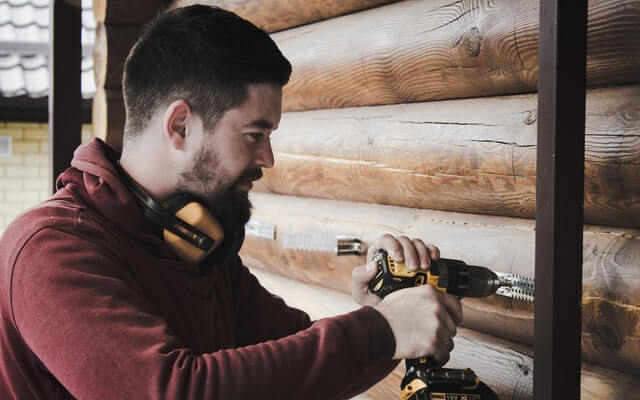The landlord primarily takes care of everything related to a rental property. His main job is to make sure the properties are livable for the tenants. The landlord role entails providing a comfortable living condition, and this means ensuring that everything is working. To achieve this, he must conduct inspections and take care of any problems the tenant reports.
One of the things the landlord can do to know if the property is livable is to inspect it. He must also attend to the tenant’s reports on items that need repair. The landlord can achieve this by accessing the property. Generally, the landlord is allowed to enter any property he manages. However, he cannot enter without the tenant’s permission. If that is the case, can the tenant refuse entry to the property?

Landlord and Tenant Rights
In this partnership, both parties have their rights which they all should respect. The landlord has the right to enter the property to conduct work-related duties such as inspections and repairs. On the other hand, the tenant has the right to use the property without disturbance or interruption. Hence, there is a need to ask for the tenant’s permission. How can we compromise in this situation?
Landlord Access
Inspections
Landlords conduct inspections to make sure the property is still in good shape. During inspections, they will check if there are things that need repairs or replacement. Sometimes, plumbers or engineers will accompany the landlord during the assessment since they are experts on some aspects.
The landlord may schedule routine inspections annually, quarterly, or every six months. The lease agreement will include the details on this to give the tenants a heads up. That way, the tenant can anticipate the landlord’s visit.
Repairs
One of the valid reasons a landlord would have to enter a property is if something needs fixing. The only thing to remember is the landlord should always send out a notice to the tenant.

Showings
Sooner or later, the end of the tenant’s lease will come. It is only natural for the landlord to ask you to look for a new one. He can do this before the lease ends to make sure there won’t be any vacancies. The search for the new tenants will include property viewings. So it is expected that the landlord or leasing agent will have to enter the property.
Just like the previous situations, the landlord should let the current tenant know beforehand. The tenant can choose the date and time convenient for him as long as he permits them. Since we are already on the subject of finding new tenants, using Padleads will help you out. You can post property listings and syndicate them to other websites. You will fill in vacancies in no time.
When a tenant refuses:
Situation: The tenant refuses access to repairs.
Some tenants might not understand that landlords want to repair something of their own will. If the repair is not urgent, the landlord can delay it. He can send out a notice first and get the tenant’s permission. If the tenant repeatedly refused access, the landlord can send them a notice to agree or quit.
Situation: The tenant refuses to allow property viewings.
Once the renter declines entry for viewings, the landlord can send them a copy of the lease agreement they signed or a notice to agree or quit. If he wants to avoid any stress, he can wait for the tenant to move out at the end of their lease.

Situation: The tenant refuses entry for inspections.
The lease agreement includes the details about scheduled inspections. The tenant will have to agree to it before signing the contract. The tenant can appeal for a new date and time but cannot flatly reject entry to the property.
Although the landlord has the right to gain access to the property, he should also remember to respect the tenant’s rights and privacy. Giving them a notice in advance can make things easier. In return, the tenant should realize that these reasons are essential. Once they sign the lease agreement, they agree on the terms related to the landlord’s right to access the property.